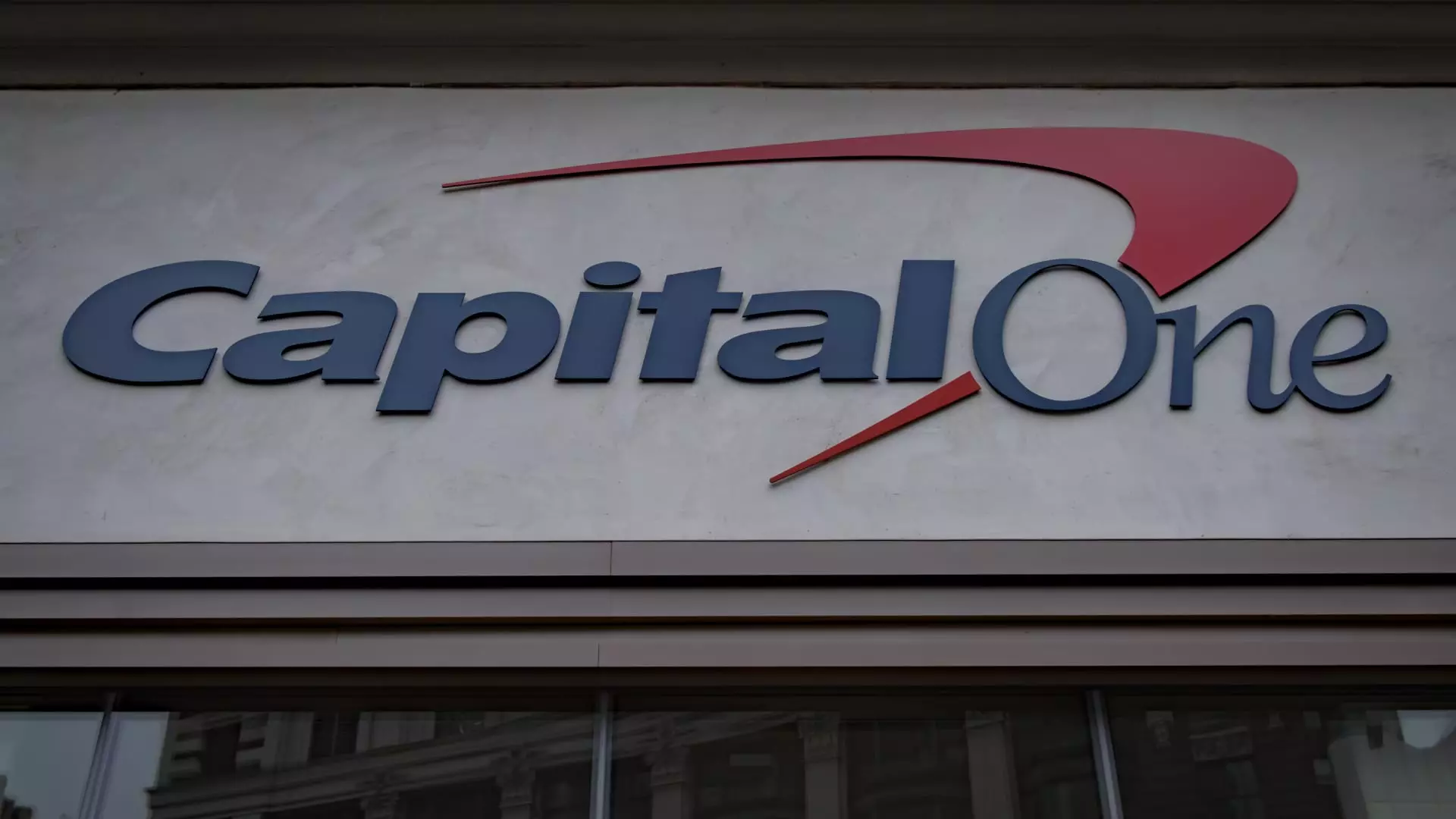In a striking turn of events that could reshape the American banking sector, Capital One Financial has received the Federal Reserve’s nod for its $35.3 billion acquisition of Discover Financial Services. This monumental decision is not merely a financial transaction but rather a pivotal moment that could either bolster the nation’s financial resilience or lead to troubling monopolistic repercussions. The Federal Reserve and the Office of the Comptroller of the Currency analyzed the implications of this deal, ostensibly considering the stability and competitiveness of the financial ecosystem. Still, one must question whether such regulatory approvals are an endorsement of progress or simply a passive acceptance of corporate behemoths’ growing power.
The Merger’s Implications: Potential Risks and Rewards
The merger grants Capital One access to Discover’s substantial customer base and enhances its already formidable credit card portfolio. However, this leaves a critical question lingering in the air: will this consolidation genuinely benefit consumers? As these two titans of the financial world blend into one, questions arise about the competitive landscape. Reduced competition might lead to stagnant innovation and a lack of consumer choice. Furthermore, the agreement stipulates that Discover shareholders will receive a 26% premium on their shares—a lucrative yet unsettling arrangement for those wary of excessive corporate influence consolidating power in an already oligopolistic market.
While the financial analysts cheer for potential synergies and profit maximization, the ordinary consumer may bear the brunt of this acquisition in the long run. The market still hasn’t forgotten the Federal Reserve’s earlier $100 million fine against Discover for unjust interchange fees—a significant blemish on the company’s reputation. This merger could arguably bury accountability under layers of corporate rhetoric, as the reprieve afforded by new ownership might allow problematic practices to continue unchecked.
Capital One’s Forward-Looking Strategy Blinded by Short-Term Gains
Despite the apparent excitement surrounding the merger, it feels premature to herald this transformation as a win for consumers. The insistence on fulfilling regulatory requirements to address Discover’s past infractions seems more like a box-ticking exercise than a true commitment to ethical banking practices. Are we really supposed to believe that a merged company will prioritize customer needs over shareholder interests?
Rather than displacing past malpractices, the merger could perpetuate a cycle where financial giants prioritize their profitability over consumer welfare. The belief that a combined entity will autonomously adhere to ethical standards disregards a critical understanding of corporate motivations.
In the grand scheme of America’s economic engine, the Capital One-Discover merger has the potential to elevate banking efficiency and convenience. But the cautionary tales of the past must be heeded. The deal’s approval brings with it valid concerns about competition, consumer choice, and ethical accountability. While regulators have sanctioned this deal under the presumption that it will benefit the financial landscape, only time will reveal its true ramifications. When does the corporate pursuit of growth become a threat to the very consumers they profess to serve? The financial community remains watchful as this merger unfolds, poised between anticipation and skepticism.

